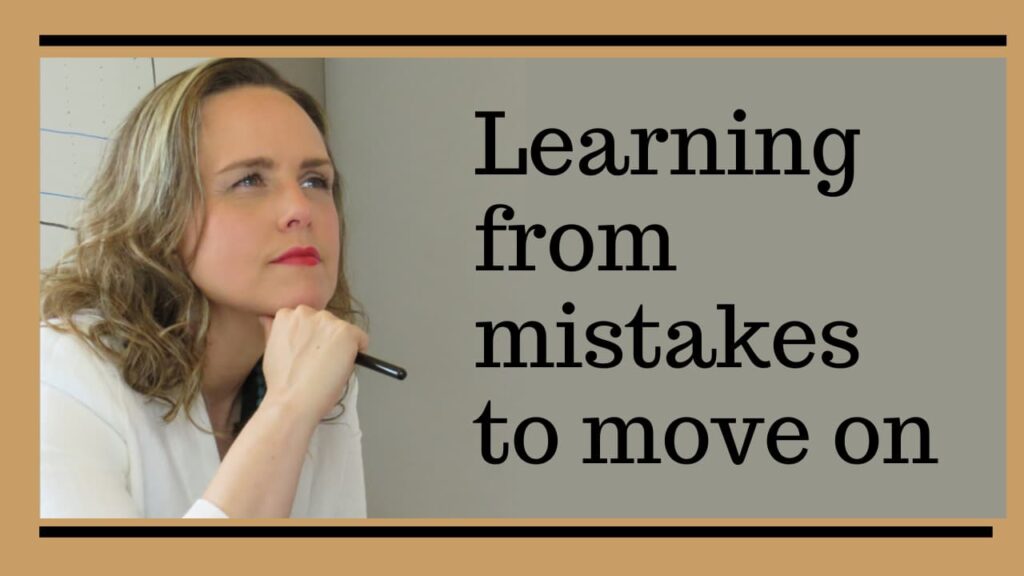On November 18, I was called by the BBC Radio Scotland to talk about Equal Pay Day; the day when women start ‘working for free’ for the rest of the year if you take into account the gender pay gap. The interview didn’t end well for me, as I didn’t even get a chance to speak – which is one type of what I’d call ‘a bad presentation’. However, if you can avoid my mistakes – regardless of the setting for the presentation, I have to believe there’s learning in that for us all 🙂 |
| 1. Be aware of what the format of the invitation will be. Turns out there’s a big difference between a ‘Radio Phone In Show’ versus the radio interviews I’ve historically been asked to weigh in on. It’s not the first time I’ve been interviewed courtesy of my role as an Ambassador for Women’s Enterprise Scotland, it’s just the first time I didn’t get a chance to speak at all as the host simply ran out of time. |
| 2. Do research that is only commensurate with the expectation. When they called, I dropped my breakfast and then spent 2 hours reading, taking notes, searching for supportive research. Given that in a ‘call-in show’ you get a very wide range of people talking (ie anyone with an opinion) I needn’t have done so much. Given the ‘open forum’ that radio phone-in’s offer listeners, the truth is they weren’t needing an expert – they simply wanted someone who could say a few words, however ill-informed on the topic. They weren’t expecting the best solutions to the Gender Pay Gap itself. Remember, if they’ve called you – for a radio show, interview or panel, you’re already viewed as enough of an ‘expert’ on your topic so concentrate on your thinking about your competence. Instead, use the time for your breakfast 🙂 and spend no more than 15 minutes on just a few key points. |
| 3. Request to speak early in the show. This was perhaps my biggest mistake. Given they called at 8:10, they asked ‘when I’d be available to speak’ for a 9am show. I told them the second half of the show – given I wanted to do a bit more research. The result? The host simply ran out of time so I didn’t get asked to speak at all. Two different producers called me to apologise, but it was a morning that started with anticipation, moved to a flurry of preparatory activity, then through anxiety as the time ticked on – time that was ultimately wasted. |
| 4. Keep a note of your key points in your ‘go-to’ file. The ‘perfectionist’ mistake I share with many other professional women is that I often re-new my research for every single interview. I use the headline they want me to comment on as a starting point, but the truth is I needn’t do so much work. The main points of my business and the perspective I take on gender balance in the workplace are largely unchanged. |
| 5. Note take the most common questions you’re ever asked. Whether you are presenting on a radio show or giving a presentation, you’ll likely know that even the questions are repeated from one event to another. Take a note of these common questions so you can update your notes, and address what people really want to query. WES is great for preparing a ‘cheat sheet’ of the topics, but my smart money will be on keeping a cheat sheet for myself so I’m not forever re-inventing the wheel each time. |
| That was my car crash of a situation, but I’d love to know how you handled a speaking event that didn’t go well? What did you learn and what would you do differently? |
| Here’s a bonus video from me on how to be a confident woman in meetings. |
Best wishes |


